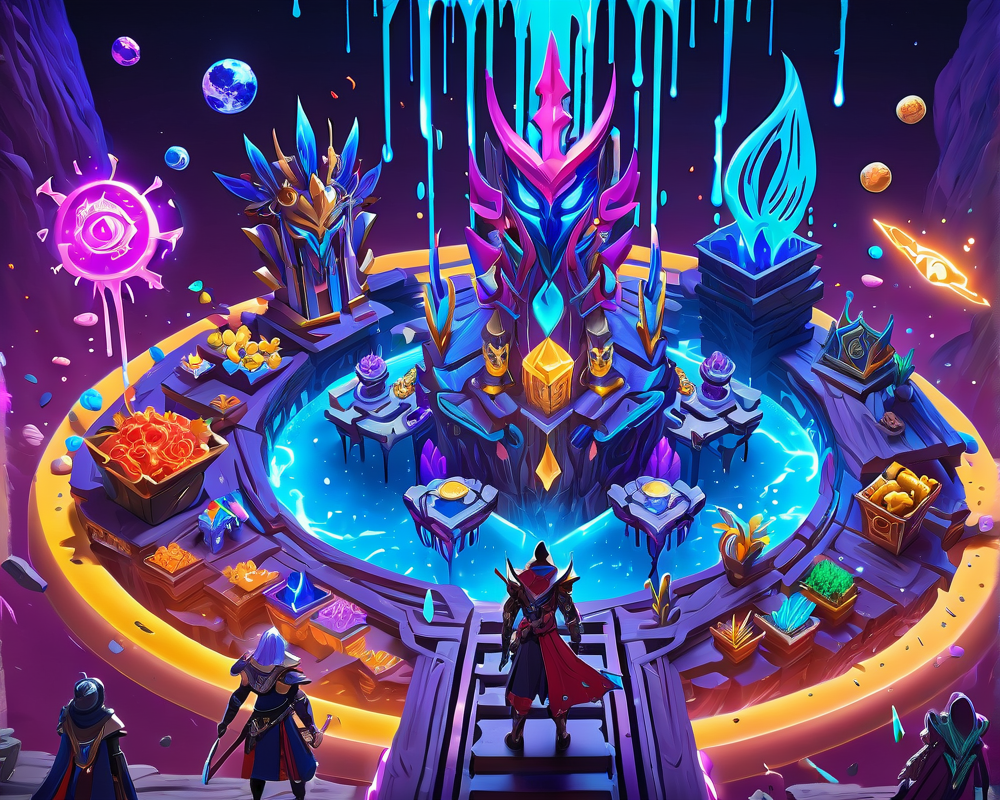The Soulbound Revolution
In a fascinating twist in the digital asset realm, Vitalik Buterin, the brains behind Ethereum, has put forth an intriguing proposal to transform non-fungible tokens (NFTs) into something akin to soulbound items from the beloved MMORPG World of Warcraft (WoW). For the uninitiated, soulbound items are in-game treasures that can’t be traded, sold, or otherwise transferred to another player. This ensures that when you flaunt your rare loot, you actually earned it, rather than snagging it from a sale.
A Trustworthy Token
Buterin’s main point of contention is the ambiguity surrounding NFT ownership. If an NFT is obtainable merely by attending an auction, it raises an eyebrow: did this individual earn it by participating, or did they simply swipe their credit card on the secondary market? The soulbound feature could serve to eliminate that question mark, ensuring that what you own reflects your participation rather than your purchasing power.
The Dark Side of Transferability
While the concept of soulbound NFTs sounds delightful, it could come with a price—commercial viability. Buterin ominously hints that stripping NFTs of their transferability may stifle their profitability. Without the ability to resell, what’s the incentive to chase after these tokens? It’s like buying a fancy new car but knowing you’ll never be able to drive it on the highway.
Proof of Attendance: A New Hope
Buterin also threw some love towards the Proof of Attendance Protocol (POAP), a project that digitally immortalizes experiences. These unique badges, backed by a cryptographic record, function in a similar fashion to soulbound items by guaranteeing authenticity. Just like in WoW, where only a true conqueror earns the loot, a POAP badge signifies genuine involvement. But, in a twist of irony, the very essence of POAP’s utility—the ownership transfer and trade—makes it commercially viable.
Bridging the Gap
To sum it up, Buterin’s vision resonates deeply for anyone who’s ever grinded for that elusive in-game item. However, the balance between creating a trustworthy digital asset and maintaining its economic potential is a tightrope walk. As the realms of gaming and digital currencies converge, we may find ourselves at the dawn of a new NFT era—where your digital possessions tell a story of achievement rather than transaction.



